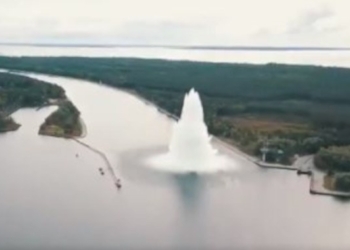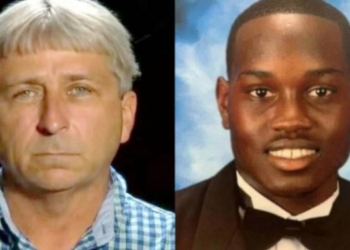A sporting institution, the Grand National at Aintree has made the likes of Red Rum and Becher’s Brook world-famous. This race has a long history dating back to 1839 and over the course of that time, many milestones have been reached and incredible races have been watched. A popular event with punters looking to place their bets on exhilarating races where you can see amazing underdog wins and excellent horses dominate the competition, the Grand National is one of the most exciting horseracing events in the country, with many interesting stories. The following outline details some of the key moments in the National’s history.
The Beginnings of the Grand National
The first Grand National was run in 1839, despite being founded in 1829 by William Lynn. While previous races were run, the 1839 race is considered to be the first ‘National’. In 1897, the horse Manifesto, which ran eight times at the Grand National, won the first of his two wins. He went on to race until the age of 16 and finished third three times and fourth once. The first Grand National to be covered by BBC radio commentary took place in 1927 and, in 1928, Tipperary Tim won after the other 41 of 42 starters fell during the race – a record for the fewest number of finishers in the event’s history.
Foinavon
In the most unique and bizarre circumstances that the Grand National has ever seen, Foinavon won the 1967 National after a rider-less horse cut across the course and caused a pile-up that brought the majority of the race to a standstill. Foinavon’s jockey, John Buckingham, however, was able to steer around the commotion and won on a 100/1 outsider. In honour of this fascinating event, there is a fence named after the horse and it’s one of the smallest jumps on the course at just 4ft 6in.
Red Rum
More than 40 years ago, Red Rum made history with the first of three victories and remains the only horse to have won three Grand Nationals. Red Rum was bred to be a sprinter but won the four and a half-mile chase in 1973, ’74 and ’77. The horse had pedalosteitis, a disease of the bones which should have rendered him un-raceable, but he overcame it before winning when trainer Donald ‘Ginger’ McCain ran him into the sea water to transform him into a historic racer.
The Race That Never Was
In 1993, the National experienced its darkest day in history when chaos ensued following a second false start when 30 of 39 jockeys began the race despite a false start being called. Commentator Sir Peter O’Sullevan named it the ‘greatest disaster in the history of the Grand National’ – the race was theoretically won by John White, only for him to discover the race had been declared void after he’s passed the post.
The People’s Race
John Smith launched the John Smith’s People’s Race in 2006 which enabled ten members of the public to ride a flat race on Grand National day. 30 members of the public had the opportunity to take part before it was cancelled in 2010.













